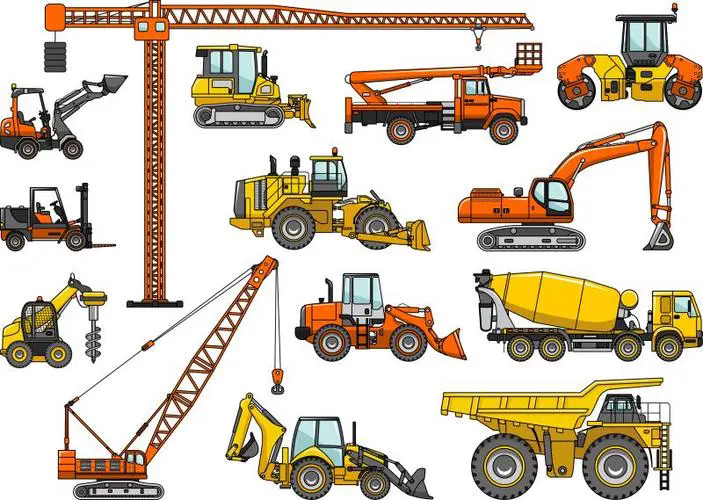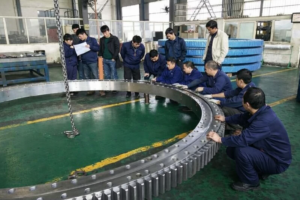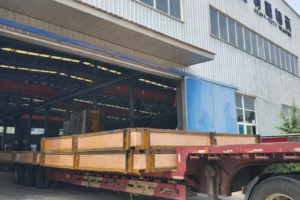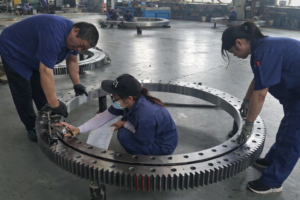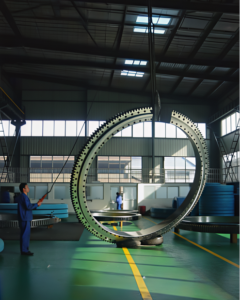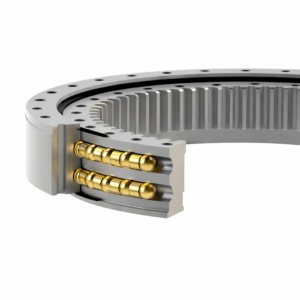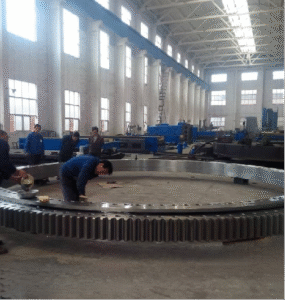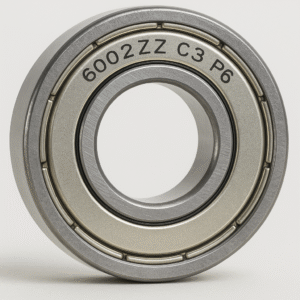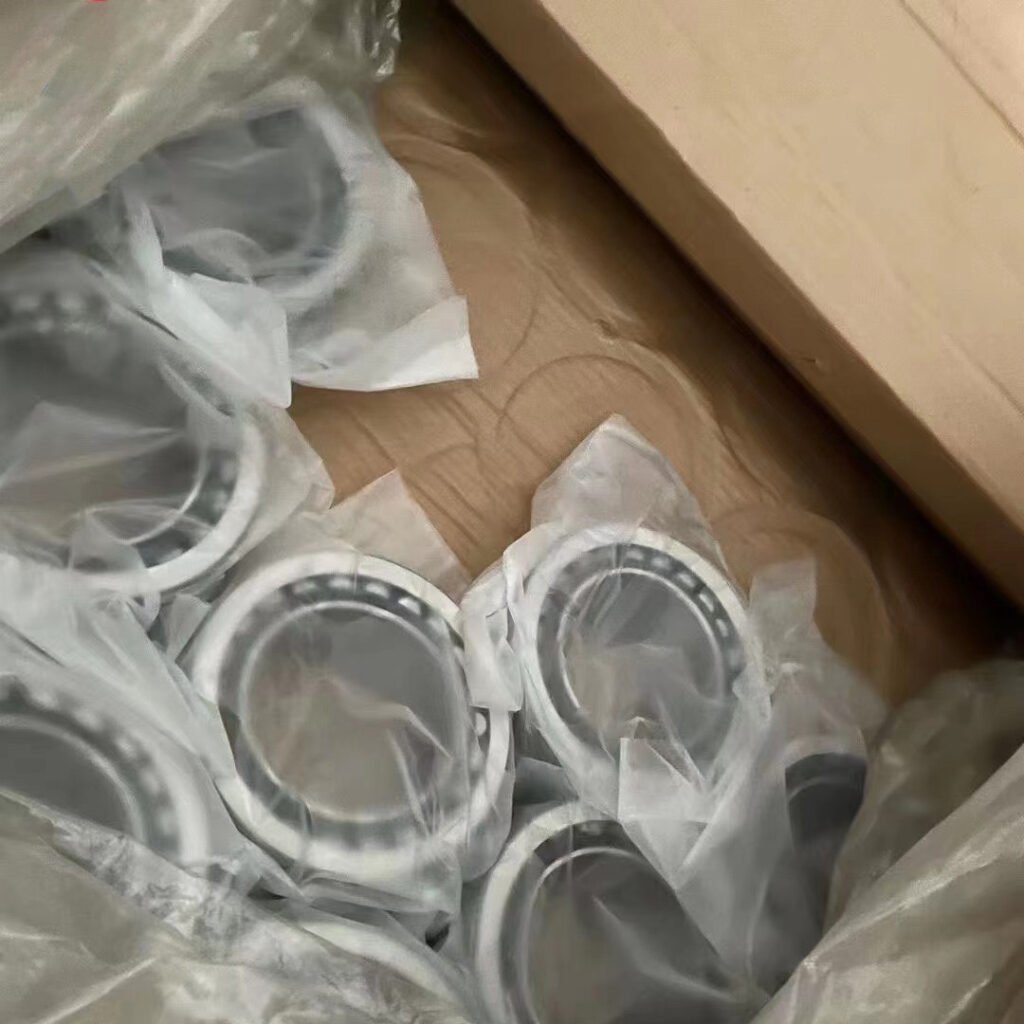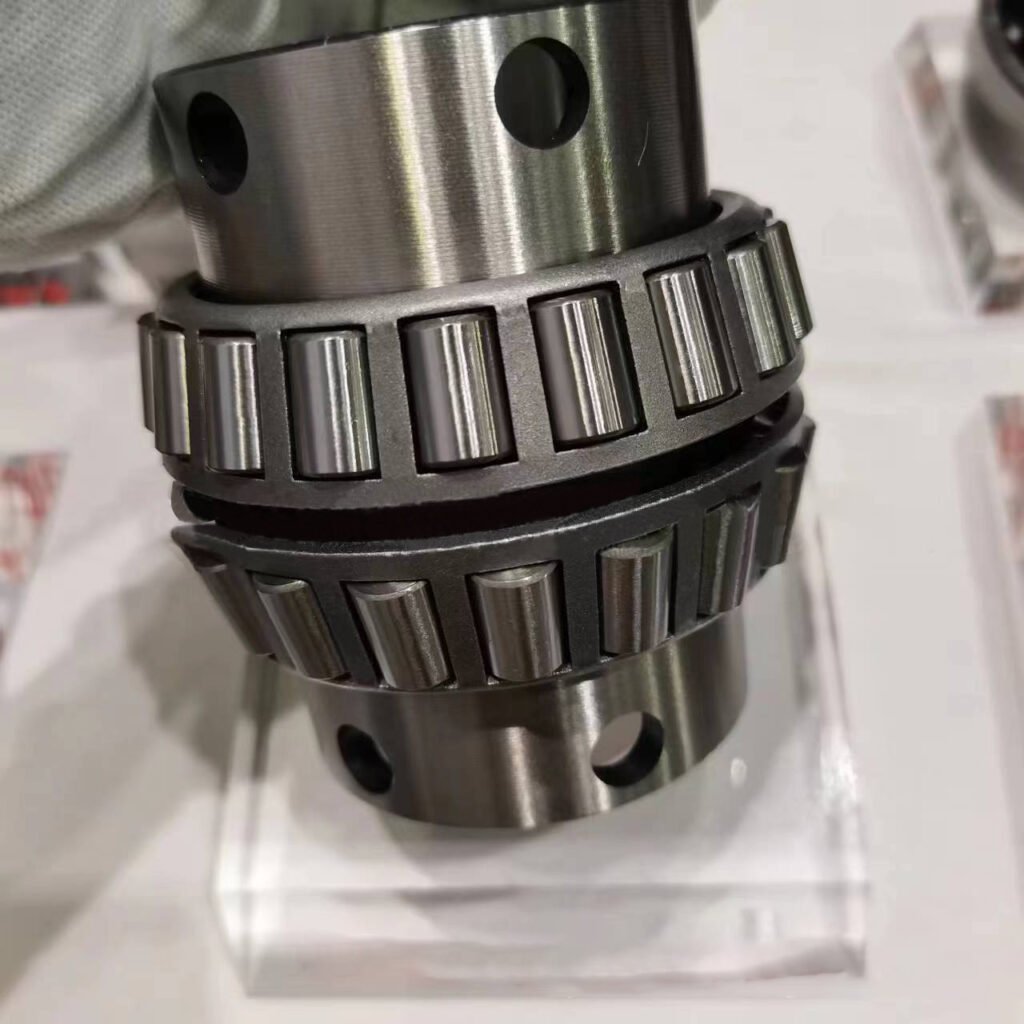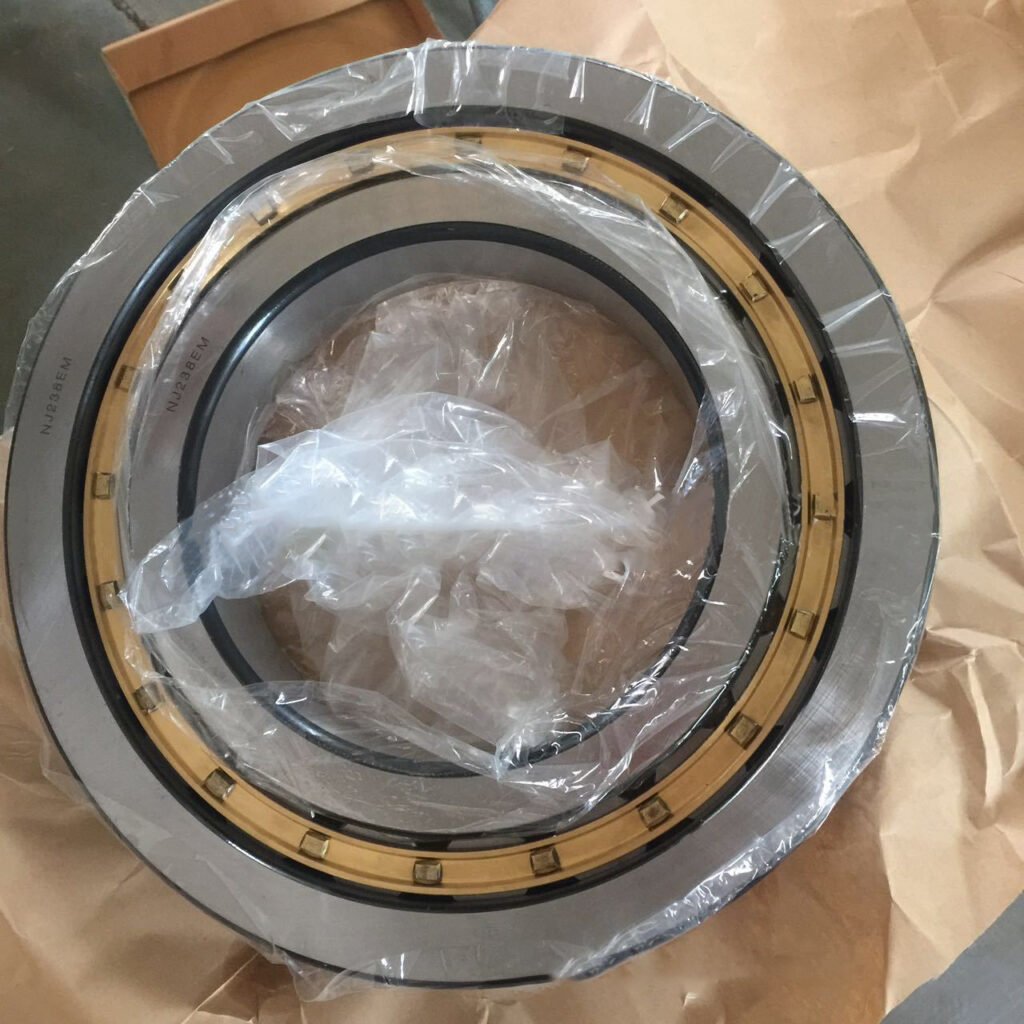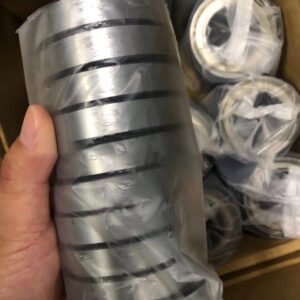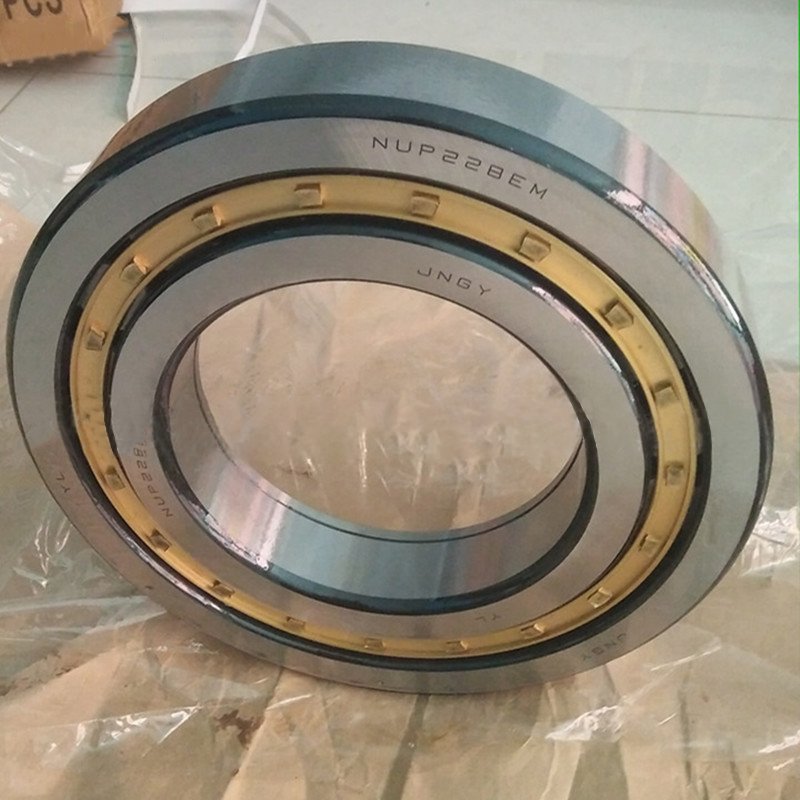As U.S.-China trade tensions continue to escalate, many American merchants are turning to DHgate for affordable Chinese products. However, a critical question remains: Do you need to pay tariffs when importing goods from DHgate? If so, how much?
This guide breaks down everything you need to know about tariffs when ordering from DHgate, including legal ways to minimize costs while ensuring smooth customs clearance.

1. When Do You Need to Pay Tariffs on DHgate Orders?
✅ Orders Under $800 (De Minimis Rule) – No Tariffs
The U.S. de minimis threshold allows shipments valued at $800 or less to enter the country tariff-free. DHgate’s “Smart Split Order” system automatically breaks large purchases into smaller shipments to stay under this limit.
– Example: If you order 1,000 units of ceramic bearings ($1,200 total), DHgate may split it into two shipments of $600 each, avoiding tariffs.
❌ Orders Over $800 – Tariffs Apply
If a single shipment exceeds $800, standard U.S. import duties and China-specific tariffs (e.g., 25% Section 301 tariffs + 2.5% standard duty) will apply.
– Example Calculation:
– Product cost: $1,000
– Section 301 tariff (25%): $250
– Standard duty (2.5%): $25
– Total cost after tariffs: $1,275
2. How DHgate Helps Avoid or Reduce Tariffs
Smart Order Splitting (Staying Under $800)
DHgate’s algorithm ensures most orders are divided into sub-$800 parcels, legally bypassing tariffs.
Pre-Cleared Shipping Methods
Some DHgate sellers use pre-cleared express shipping (e.g., DDP – Delivered Duty Paid), meaning tariffs are included in the product price.
U.S. Warehouse Fulfillment
Some products are stored in U.S. warehouses, meaning no international tariffs apply (only domestic shipping costs).
3. What If My Product Has Additional Tariffs (e.g., Anti-Dumping Duties)?
Some Chinese goods, like certain steel bearings, face extra anti-dumping duties (up to 92.49%). DHgate’s system flags these items and suggests alternatives.
– Example:
– If you buy anti-dumping-listed certain bearings, you could pay:
– Base price: $1.20/unit
– + 25% tariff: $0.30
– + 92.49% anti-dumping duty: $1.11
– Total per unit: $2.61 (118% increase!)
Solution: DHgate recommends non-listed alternatives or splits orders to stay under $800.
4. Real-World Example: How a Texas Retailer Saved 60% on Tariffs
Case Study:
– Product: 5,000 LED light strips (Total value: $6,000)
– Traditional Import:
– Single shipment → 25% tariff = $1,500
– Total cost: $7,500
– DHgate Method:
– Split into 8 x $750 shipments → $0 tariffs
– Total cost: $6,000 (saved $1,500!)
5. Risks & Compliance Tips
While DHgate’s model is legal, U.S. Customs may scrutinize frequent small shipments. To stay compliant:
✔ Keep shipments between $600-$800 (not always exactly $800)
✔ Avoid too many identical HS code shipments per month
✔ Request proper invoices & HS codes from sellers
Final Verdict: Can You Avoid Tariffs on DHgate?
✅ YES, if:
– Orders are split under $800
– You use DHgate’s pre-cleared shipping or U.S. warehouses
– Products aren’t subject to anti-dumping duties
❌ NO, if:
– Shipments exceed $800
– Products face extra penalties (e.g., steel bearings)
Smart Takeaway:
DHgate’s order-splitting and logistics strategies make it one of the most tariff-efficient ways for U.S. merchants to import from China—legally and cost-effectively.
Need help estimating your potential tariffs? Check DHgate’s tariff calculator or consult their customs support team before ordering!
Conclusion
The U.S.-China tariff war has forced American merchants to rethink their supply chains—but platforms like DHgate offer a legal and cost-effective solution. By leveraging smart order splitting, pre-cleared shipping, and U.S. warehouse fulfillment, businesses can drastically reduce—or even eliminate—tariff costs while maintaining fast, reliable imports.
However, compliance is key. Staying under the $800 de minimis threshold, avoiding anti-dumping products, and keeping shipment frequencies reasonable will ensure smooth customs clearance. For high-volume buyers, DHgate’s hybrid approach (mixing small parcels with bulk shipments) can further optimize costs.
Ultimately, the question isn’t just “Do I need to pay tariffs on DHgate?” but “How can I minimize them strategically?” With the right tactics, U.S. merchants can keep prices competitive, protect profit margins, and navigate trade wars with confidence.
Final Tip: Always double-check HS codes, request detailed invoices, and consult DHgate’s support team before large orders. In global trade, knowledge isn’t just power—it’s profit.
Please click on the following link to read about DHgate legal clearance tips

